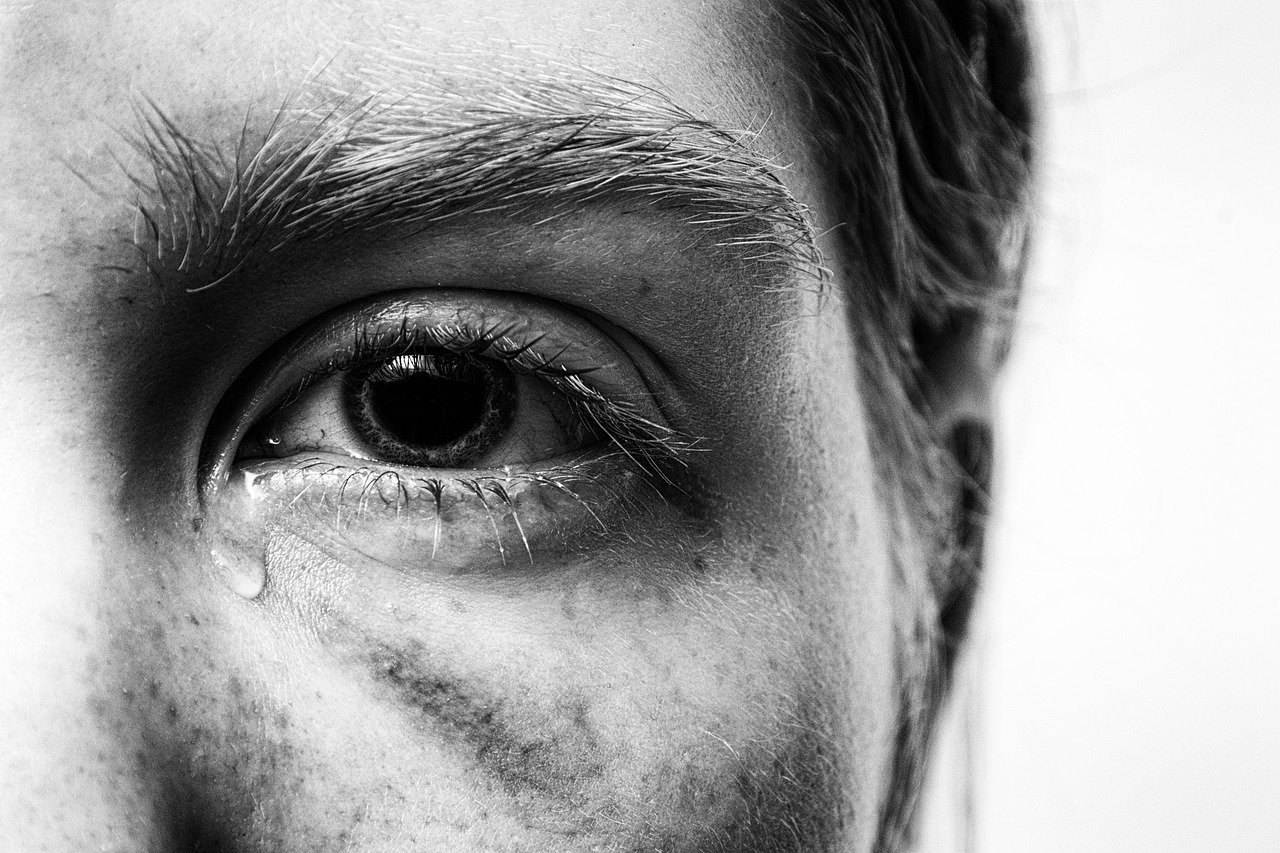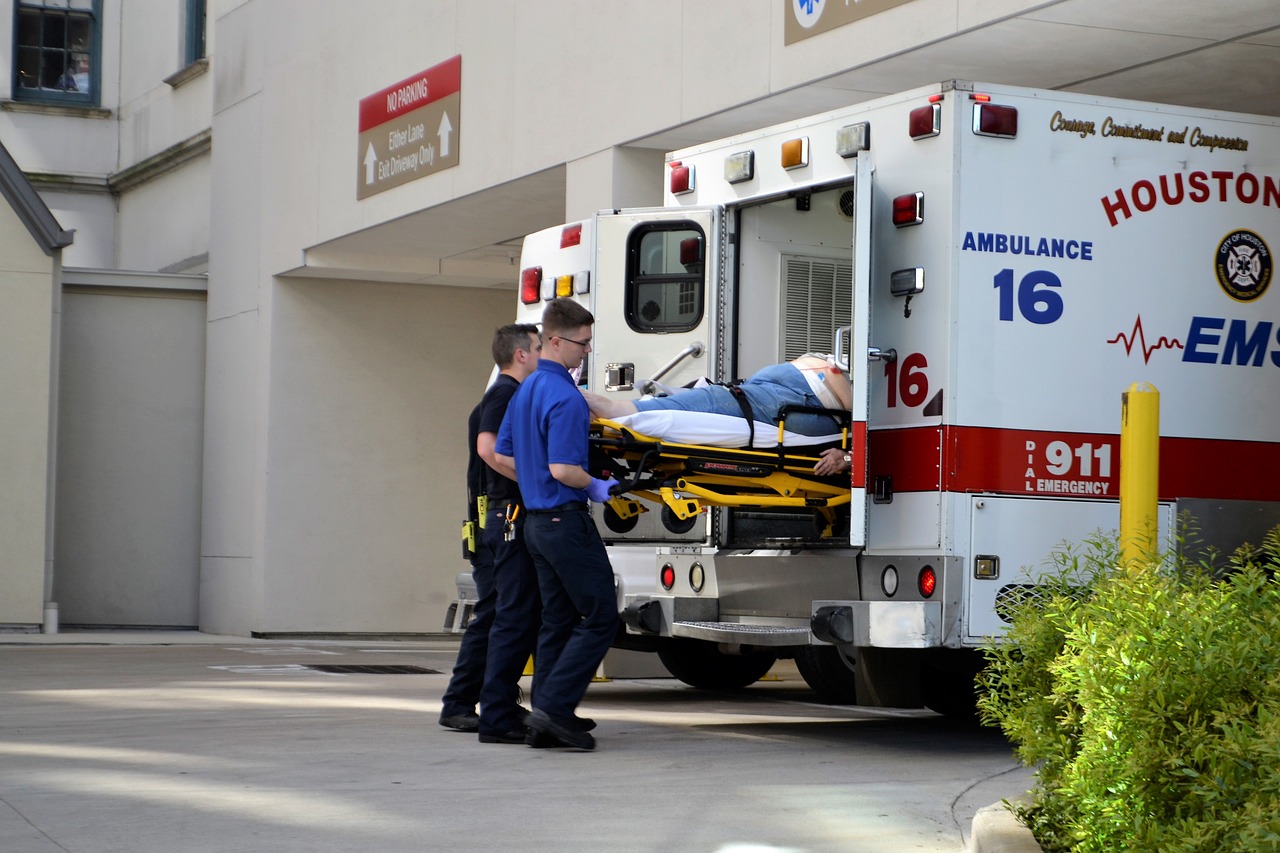-
Can Men Get Postpartum Depression, Too?

Almost everyone knows that new mothers can sometimes go through postpartum depression after the birth of a baby. There are plenty of articles about the subject online and daytime talk shows often discuss the topic. In women, anxiety and depression can be the result of many factors – sleeplessness, a new routine, feeling like you’re losing control, and radical swings in hormone levels all contribute to the “baby blues.” But, while new moms are the usual focus of postnatal depression, what about the new dad? Can men get postpartum depression, too?
-
Treating Social Anxiety Disorder with Virtual Reality Therapy

Humans are social creatures. We bond with friends, engage with coworkers, and pair up in relationships. In many ways, we need interaction with other people but, for individuals with social anxiety disorder, being in a social setting can be a huge source of stress and anxiety. This is where virtual reality therapy can help.
-
The Center for Treatment of Anxiety and Mood Disorders Receives 2017 Best of Delray Beach Award
DELRAY BEACH July 5, 2017 — The Center for Treatment of Anxiety and Mood Disorders has been selected for the 2017 Best of Delray Beach Award in the Mental Health Clinic category by the Delray Beach Award Program.
-
Adult ADHD

Attention Deficit Hyperactive Disorder or ADHD is a medical disorder involving abnormalities in brain function. Often, this disorder can be passed genetically through families from one generation to the next. The condition is generally diagnosed in childhood, however we now know that ADHD commonly continues into adulthood. Although the hyperactivity component usually subsides in adults, attention and concentration problems often persist. If not caught in childhood, adults often become suspicious they may have adult ADHD when their children is diagnosed, and they recognize the same set of symptoms in themselves.
-
Announcing Trauma Institute at the Center for the Treatment of Anxiety and Mood Disorders

The Center for Treatment of Anxiety and Mood Disorders is proud to announce the opening of our Trauma Center and Resiliency Program. We provide trauma-informed and specialized outpatient mental health and consultation services to survivors or victims of recent, current or past trauma.
-
Coping With Suicide and the Loss of a Loved One

Suicide is devastating to the ones left behind. It brings up a myriad of powerful emotions: among other things, you must deal with feelings of shock, anger, guilt, and overwhelming grief. The survivor is left wondering if they could have done something to prevent the person from taking their life. They are often furious at the deceased person for leaving them or for putting them through this heart-wrenching experience. And, the survivor must learn about the grieving process when it comes to coping with suicide so they can continue on with their own life.
-
Complex Trauma Disorder

Trauma can come in many forms. The soldier returning from active duty in a war zone, the child who lives with physical, sexual, or emotional abuse or neglect, the first responder who must deal with human suffering on a daily basis, and the adult who endures domestic abuse all are experiencing trauma. Complex trauma occurs repeatedly and often involves direct harm to the victim. Its effects are cumulative and generally transpire in a specific setting and, frequently, within a particular time frame or within a specific relationship.
-
Post-Traumatic Growth

Emotional trauma or psychological trauma is a reaction to an experience or event that is deeply distressing or disturbing to the individual. Trauma can be the result of things such as going through a natural disaster, being involved in a car accident, living through a major event, such as war or abuse, or having been the victim of a crime. A trauma response will be similar no matter what caused it.
-
What is Trauma

In general, trauma can be defined as a psychological, emotional response to an event or an experience that is deeply distressing or disturbing. When loosely applied, this trauma definition can refer to something upsetting, such as being involved in an accident, having an illness or injury, losing a loved one, or going through a divorce. However, it can also encompass the far extreme and include experiences that are severely damaging, such as rape or torture.
-
Resilience and Optimism Can Predict Trauma Response

How much of a part does resilience play when it comes to dealing with emotional or psychological trauma? As it turns out, quite a lot. Resilience is the inner strength that allows you to adapt when you’ve been exposed to trauma or adversity. This characteristic is strengthened by optimism, which is the extent to which people feel positive and encouraged about their future. Studies have shown that those who are resilient and optimistic feel a higher degree of psychological well-being and are able to recover more quickly from disturbing events. These individuals are able to process stressful situations without becoming overwhelmed and can move through them without turning to unhealthy coping mechanisms, such as substance abuse.